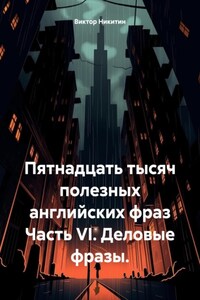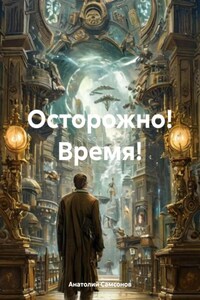Part 1 of 6
• I do not think much of a man who is not wiser today than he was yesterday.
• Nearly all men can stand adversity, but if you want to test a man's character, give him power.
• Those who deny freedom to others deserve it not for themselves.
• The dogmas of the quiet past are inadequate to the stormy present.
• As I would not be a slave, so I would not be a master. This expresses my idea of democracy.
• Labor is prior to, and independent of, capital. Capital is only the fruit of labor, and could never have existed if labor had not first existed. Labor is the superior of capital, and deserves much the higher consideration.
• We are not enemies, but friends. We must not be enemies. Though passion may have strained, it must not break our bonds of affection. The mystic chords of memory will swell when again touched, as surely they will be, by the better angels of our nature.
• My father taught me to work; he did not teach me to love it.
• Whenever I hear anyone arguing for slavery, I feel a strong impulse to see it tried on him personally.
• In great contests each party claims to act in accordance with the will of God. Both may be, and one must be wrong.
• My paramount object in this struggle is to save the Union, and is not either to save or to destroy slavery. If I could save the Union without freeing any slave I would do it, and if I could save it by freeing all the slaves I would do it; and if I could save it by freeing some and leaving others alone I would also do that. What I do about slavery, and the colored race, I do because I believe it helps to save the Union; and what I forbear, I forbear because I do not believe it would help to save the Union.
• The dogmas of the quiet past are inadequate to the stormy present. The occasion is piled high with difficulty, and we must rise with the occasion. As our case is new, so we must think anew and act anew.
• The shepherd drives the wolf from the sheep's for which the sheep thanks the shepherd as his liberator, while the wolf denounces him for the same act as the destroyer of liberty. Plainly, the sheep and the wolf are not agreed upon a definition of liberty.
• That we we here highly resolve that these dead shall not have died in vain – that this nation, under God, shall have a new birth of freedom – and that government of the people, by the people, for the people, shall not perish from the earth.
• We all declare for liberty; but in using the same word we do not all mean the same thing. With some the word liberty may mean for each man to do as he pleases with himself, and the product of his labor; while with others, the same word many mean for some men to do as they please with other men, and the product of other men's labor. Here are two, not only different, but incompatible things, called by the same name – liberty. And it follows that each of the things is, by the respective parties, called by two different and incompatible names – liberty and tyranny.
• I will say, then, that I am not, nor ever have been, in favor of bringing about in any way the social and political equality of the white and black races: that I am not, nor ever have been, in favor of making voters or jurors of negroes, nor of qualifying them to hold office, nor to intermarry with white people.
• A house divided against itself cannot stand.
• It is safe to assert that no government proper ever had a provision in its organic law for its own termination.
• Both parties deprecated war; but one of them would make war rather than let the nation survive; and the other would accept war rather than let it perish. And the war came.
• With the fearful strain that is on me night and day, if I did not laugh I should die.
• It is rather for us here dedicated to the great task remaining before us, that from these honored dead we take increased devotion to that cause for which they gave the last full measure of devotion.
• I pray that our Heavenly Father may assuage the anguish of your bereavement, and leave you only the cherished memory of the loved and lost, and the solemn pride that must be yours, to have laid so costly a sacrifice upon the altar of Freedom.
• If I could save the Union without freeing any slave, I would do it; and if I could save it by freeing all the slaves, I would do it; and if I could do it by freeing some and leaving others alone, I would do that. I have here stated my purpose according to my official duty, and I intend no modification of my oft-expressed personal wish that all men, everywhere, could be free.
• What kills a skunk is the publicity it gives itself.
• Let not him who is houseless pull down the house of another, but let him work diligently and build one for himself, thus by example assuring that his own shall be safe from violence when built.
Part 2 of 6
• It has been my experience that folks who have no vices have very few virtues.
• As President, I have no eyes but constitutional eyes; I cannot see you.
• I am rather inclined to silence, and whether that be wise or not, it is at least more unusual nowadays to find a man who can hold his tongue than to find one who cannot.











